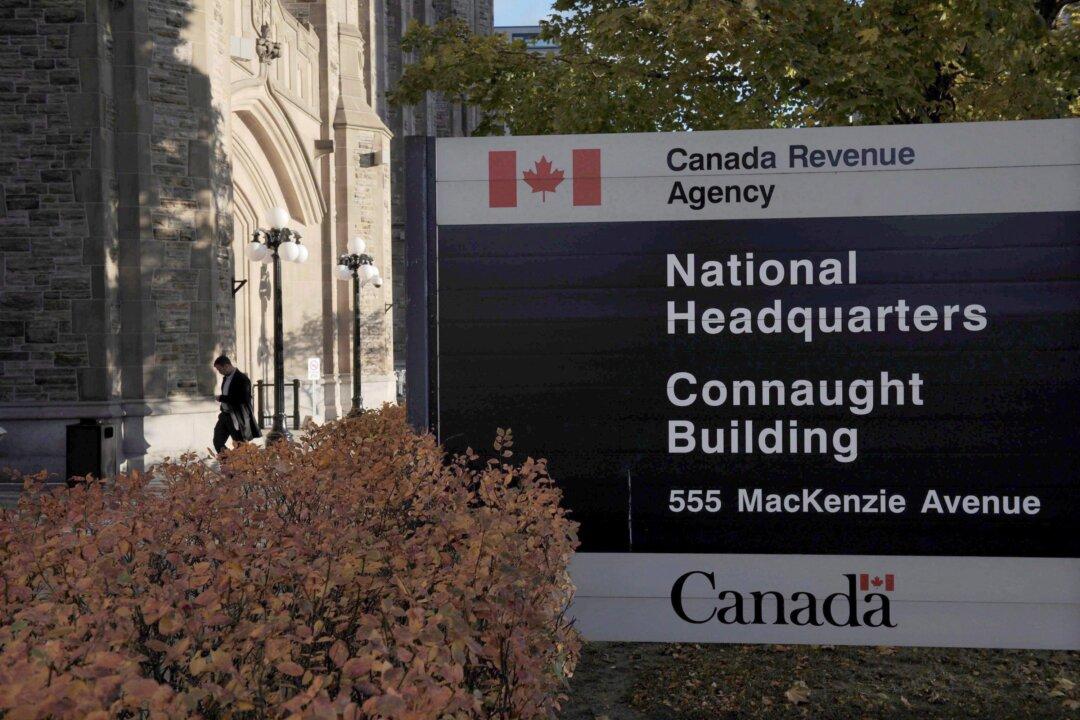Verifying billions of COVID-19 wage subsidy claims that the Auditor General previously said could be ineligible is not “worth the effort,” says Canada Revenue Agency (CRA) Commissioner Bob Hamilton.
Hamilton appeared as a witness on Jan. 26 before the House of Commons Standing Committee on Public Accounts alongside Auditor General Karen Hogan, where both faced questions from MPs about estimated numbers of Canadians who collected the Canada Emergency Response Benefit (CERB) and other federal COVID subsidies despite not meeting the eligibility criteria.





